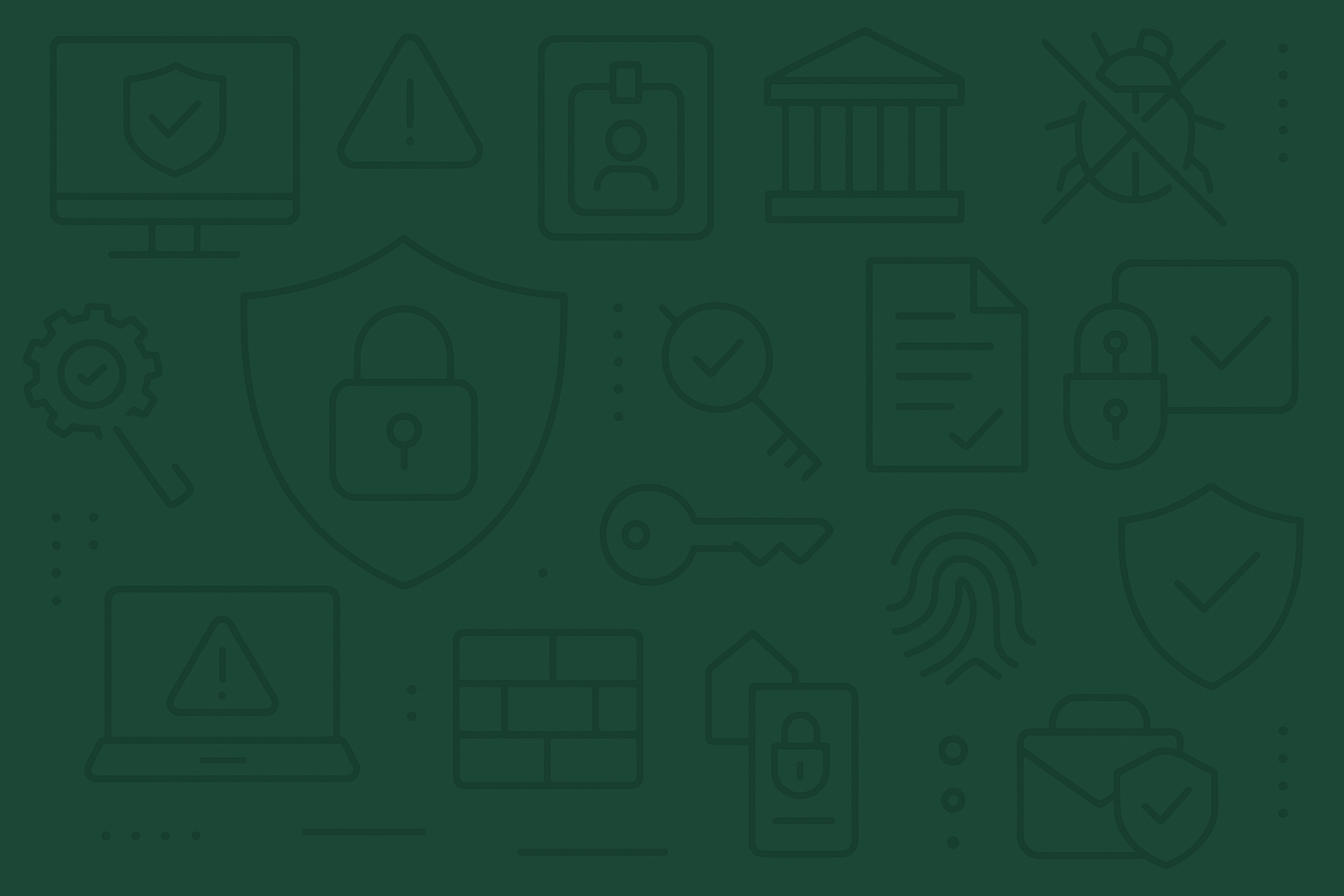
The security of our customers’ data is critically important to us. SafariDesk is committed to protecting our customers’ personal and sensitive information. This notice describes our data security and compliance statement.
SafariDesk does not capture, transit or store any credit card information. All credit card data is captured and stored securely by our PCI compliant payment gateway provider, Stripe, which is certified to PCI Service Provider Level 1.
SafariDesk runs on leased servers provided by Linode in two different datacenter locations.
Certificates are available upon request.
Security is of paramount importance to us. We focus on providing a secure environment that goes above and beyond industry security standards and guidelines. The following is an overview of the steps we take to secure our customers’ private information.
SafariDesk facilitates secured patching and software updates of all our server infrastructure systems, including actively monitoring numerous online resources for the latest vulnerabilities. It’s our policy to apply security patches as soon as they are made available.
User account passwords are salted and hashed using a slow hash function to increase security. SafariDesk employees cannot recover original passwords.
SafariDesk customer’s data is siloed to individual databases with restricted access to ensure optimum availability while ensuring complete customer privacy and data segregation. We do not co-mingle multiple accounts on the same database tables.
SafariDesk databases are encrypted on disk with AES-256. Decryption keys are stored securely on separate machines.
Backups are performed nightly, encrypted and stored offsite.
SafariDesk infrastructure has been architected to provide one of the most flexible and secure environments available. Our network operations team considers reliability to be of the greatest operational concern, they like to sleep at night!
SafariDesk infrastructure is monitored 24/7. Any critical incident triggers SMS alerts to the entire network operations team.
We make routine backups of our server configurations and database data to be used in the unexpected event of data loss or corruption.
Last updated: June 5, 2025